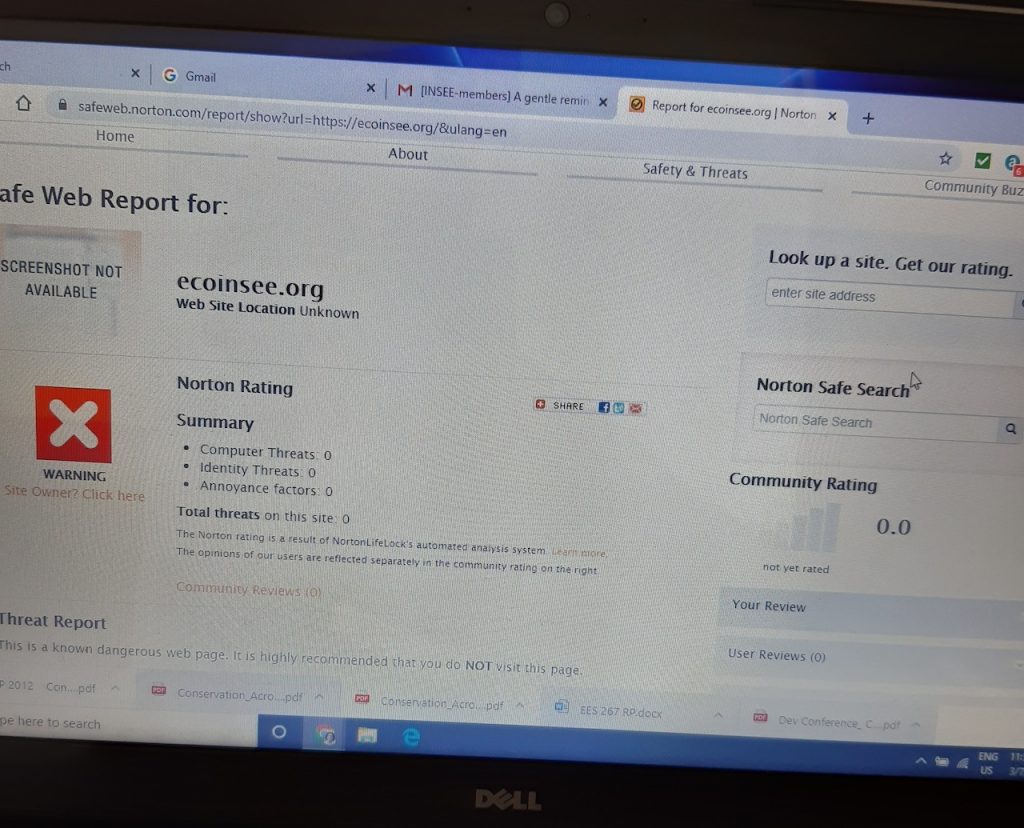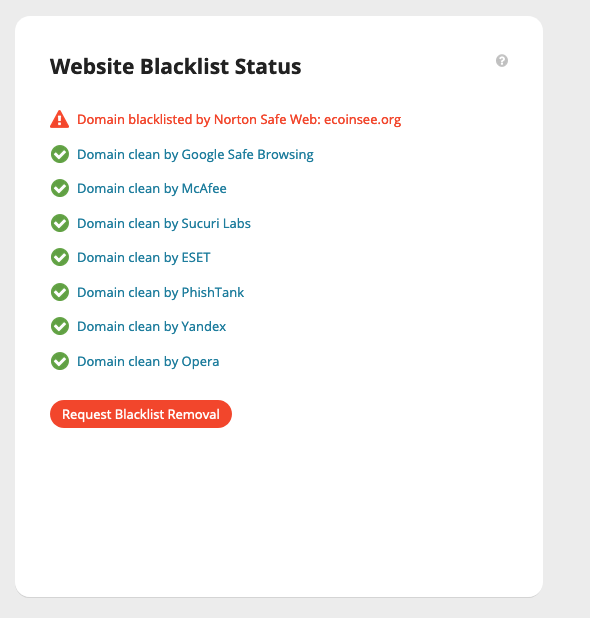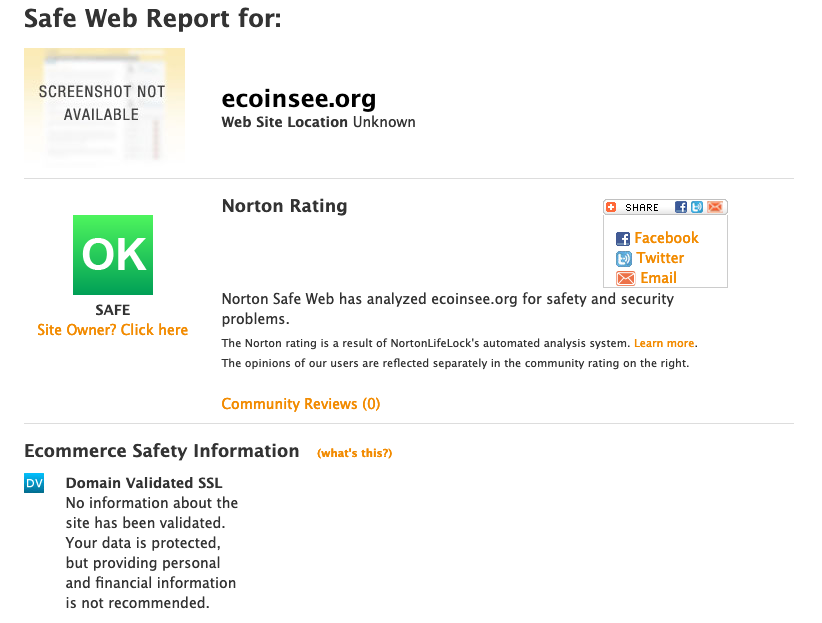We have been seeing this SSHD rootkit from time to time with much improved versions 🙂
One could see number of SSH processes on the server with nothing under process details. There is a huge discussion thread at WHT www.webhostingtalk.com/showthread.php?t=1235797
The current one which I have seen today was with keyutils-libs legit version name. However the “Signature” was missing.
root@linuxbabu [/var/log]# ls -la /lib64 | grep libkeyutils
lrwxrwxrwx 1 root root 18 Jun 22 2012 libkeyutils.so.1 -> libkeyutils.so.1.3*
-rwxr-xr-x 1 root root 35320 Jun 22 2012 libkeyutils.so.1.3*
root@linuxbabu [/var/log]# rpm -qi keyutils-libs
Name : keyutils-libs Relocations: (not relocatable)
Version : 1.4 Vendor: CentOS
Release : 4.el6 Build Date: Fri 22 Jun 2012 01:20:38 AM CDT
Install Date: Tue 14 Jan 2014 04:56:45 AM CST Build Host: c6b10.bsys.dev.centos.org
Group : System Environment/Base Source RPM: keyutils-1.4-4.el6.src.rpm
Size : 59336 License: GPLv2+ and LGPLv2+
Signature : (none)
URL : http://people.redhat.com/~dhowells/keyutils/
Summary : Key utilities library
Description :
This package provides a wrapper library for the key management facility system
calls.
I matched the size from a clean server and found different in the file size of libkeyutils.so.1.3.
So I reinstalled keyutils-libs replacing the file using yum.
yum reinstall keyutils-libs -y
After reinstall I could see the file size changes and also the Signature shown was correct :
root@linuxbabu [~]# ls -la /lib64/libkeyutils*
lrwxrwxrwx 1 root root 18 Feb 25 01:03 /lib64/libkeyutils.so.1 -> libkeyutils.so.1.3*
-rwxr-xr-x 1 root root 10192 Jun 22 2012 /lib64/libkeyutils.so.1.3*
root@linuxbabu [~]# rpm -qi keyutils-libs
Name : keyutils-libs Relocations: (not relocatable)
Version : 1.4 Vendor: CentOS
Release : 4.el6 Build Date: Fri 22 Jun 2012 01:20:38 AM CDT
Install Date: Tue 25 Feb 2014 01:03:47 AM CST Build Host: c6b10.bsys.dev.centos.org
Group : System Environment/Base Source RPM: keyutils-1.4-4.el6.src.rpm
Size : 36624 License: GPLv2+ and LGPLv2+
Signature : RSA/SHA1, Sun 24 Jun 2012 05:18:51 PM CDT, Key ID 0946fca2c105b9de
Packager : CentOS BuildSystem
URL : http://people.redhat.com/~dhowells/keyutils/
Summary : Key utilities library
Description :
This package provides a wrapper library for the key management facility system
calls.
root@linuxbabu [~]#
Hope this helps to disable the rootkit and avoid further damage to the server.


